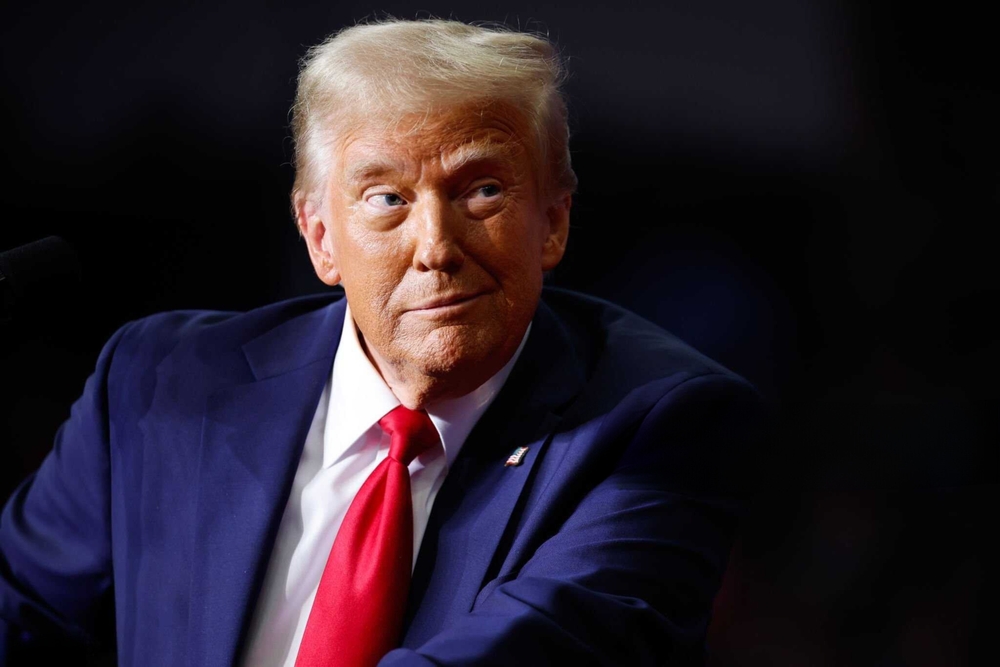Judge Merchan acknowledged the complexity of the case.
Others are reading now
Donald Trump’s journey from real estate mogul to reality TV star and eventually the White House is one of the most remarkable in American history.
A polarizing figure, he rose to political prominence with a promise to disrupt the establishment.
Despite his historic win in 2016, his presidency was marked by controversy, culminating in his loss to Joe Biden in 2020.
Yet, Trump’s influence has endured, as he remains a central figure in American politics and a frontrunner for the 2024 Republican nomination.
Also read
No Immediate Punishment
On Friday, Trump added another chapter to his turbulent career when a New York court convicted him on 34 criminal charges related to falsifying financial records.
The case centers on alleged hush money payments made to adult film actress Stormy Daniels during his 2016 presidential campaign.
Prosecutors argued that the payments were part of a scheme to conceal damaging information that could have jeopardized his chances of winning the election.
Judge Juan Merchan, who presided over the case, delivered the historic ruling, making Trump the first former U.S. president to be convicted of criminal charges.
Despite this, the court ordered Trump’s unconditional release, sparing him from any immediate punishment such as imprisonment, probation, or fines.
In explaining the decision, Judge Merchan acknowledged the complexity of the case, citing the unique legal considerations involved when prosecuting a former president.
“This ruling reflects the extraordinary protections granted to the office of the presidency,” Merchan stated.
He emphasized that the lack of additional penalties did not minimize the seriousness of the crimes committed.
During the proceedings, Trump, who appeared via video, vehemently denied the charges.
He described the trial as a “witch hunt” and insisted he had done nothing wrong.
He called the process a “terrible experience” and claimed it was an attack on his reputation.


